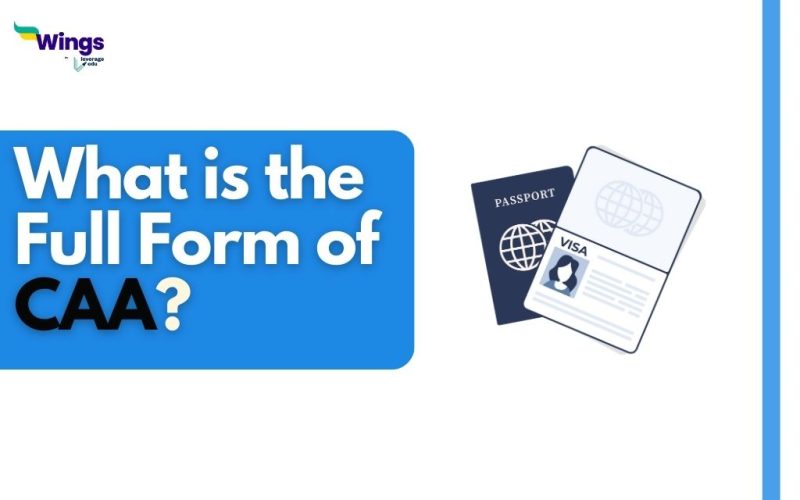The full form of CAA is Citizenship Amendment Act. The BJP-led Indian government passed this act on 11th December 2019. This act amended the Citizenship Act of 1945. With the new legislation, the government plans to grant citizenship to only Hindu, Jain, Christian, Sikh, and Parsi people who fled from Afghanistan, Bangladesh, and Pakistan before December 2014. Read this blog to know about CAA.
Also Read: What are the Fundamental Rights and Duties?
What is CAA?
CAA amends the Citizenship Act of 1955 to provide a pathway for people of selected communities to obtain citizenship. If a person wants to leave his country and come to India from three neighbouring countries of India (Pakistan, Bangladesh and Afghanistan) due to persecution or any other reason, then through this Citizenship Amendment Act, those refugees get Indian citizenship. In such a situation, those refugees will have to prove that they have lived in India for five years.
The government will only consider people who are victims of religious prosecution. According to this act, communities of Jain, Hindu, Christian, Parsi, and Sikh migrants who entered the Indian territory before 31 December 2014 will receive citizenship in only 6 years. Furthermore, CAA also reduced the residence requirement for naturalisation from 11 years to 5 years.
However, Muslim migrants will not be eligible for Indian citizenship after being religiously prosecuted in their country of origin. Owing to this reason, the government violates the Right to Equality guaranteed by Article 14 of the Constitution of India. Furthermore, the act also defies the secular nature of the Constitution by singling out “Islamic Countries”- Afghanistan, Pakistan, and Bangladesh.
What is NRC or National Register of Citizen?
The National Register of Citizens (NRC) is a government initiative in India. It aims at creating a comprehensive and updated list of genuine Indian citizens residing in a particular state or territory. The primary objective of the NRC is to identify and distinguish Indian citizens from those who may have entered the country illegally.
The process involves a massive exercise of scrutinising official documents and records to establish a person’s citizenship. Individuals are required to provide documentary evidence to prove their lineage and residency in India. The documents typically include birth certificates, land records, electoral rolls, and other supporting papers.
History of CAA and NRC
The NRC process was first conducted in the state of Assam in 2019. It aimed to identify illegal immigrants, particularly those who had entered the state after March 24, 1971. This date is the cut-off date stipulated in the Assam Accord. However, the final NRC list in Assam led to the exclusion of a significant number of people, mostly Muslims and poor. Owing to its discriminatory intent, the NRC continues to be a topic of controversy and public debate. Moreover, its implications on citizenship and concerns about its potential impact on vulnerable communities make it a draconian practice.
Which religions are included in CAA?
CAA includes people from six communities – Hindu, Sikh, Christian, Jain, Buddhist and Parsi. Through this law, these people will get Indian citizenship if they have come to India on or before December 31, 2014.
Also Read: What are Human Rights?
CAA-NRC
CAA when combined with NRC violates fundamental rights granted under the Indian Constitution. CAA-NRC could be used to target and discriminate against Muslims by providing a pathway to citizenship for non-Muslim immigrants. On the other hand, it will leave Muslims vulnerable to being excluded from the citizenship register. Additionally, those without documents will also suffer on account of NRC. Even though the government states there is no direct link between the CAA and NRC, the process is unreliable. Therefore, the debate surrounding the relationship between CAA and NRC continues to be a contentious issue in India.
This was all about CAA full form. Visit our Full Form Page to discover more intriguing articles about full forms. You can also check out the consolidated 300+ full forms list!
 One app for all your study abroad needs
One app for all your study abroad needs













